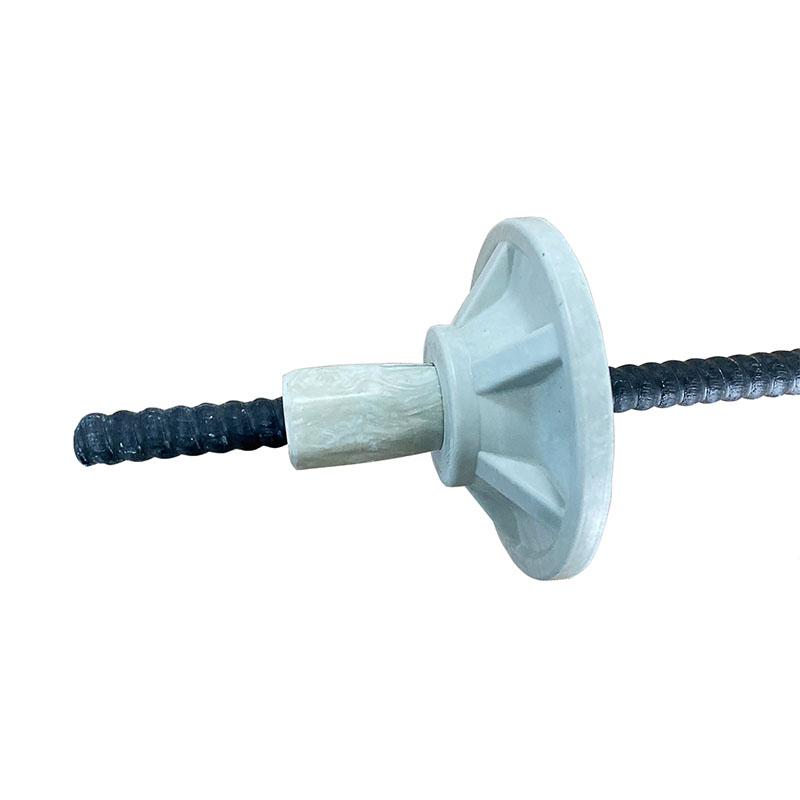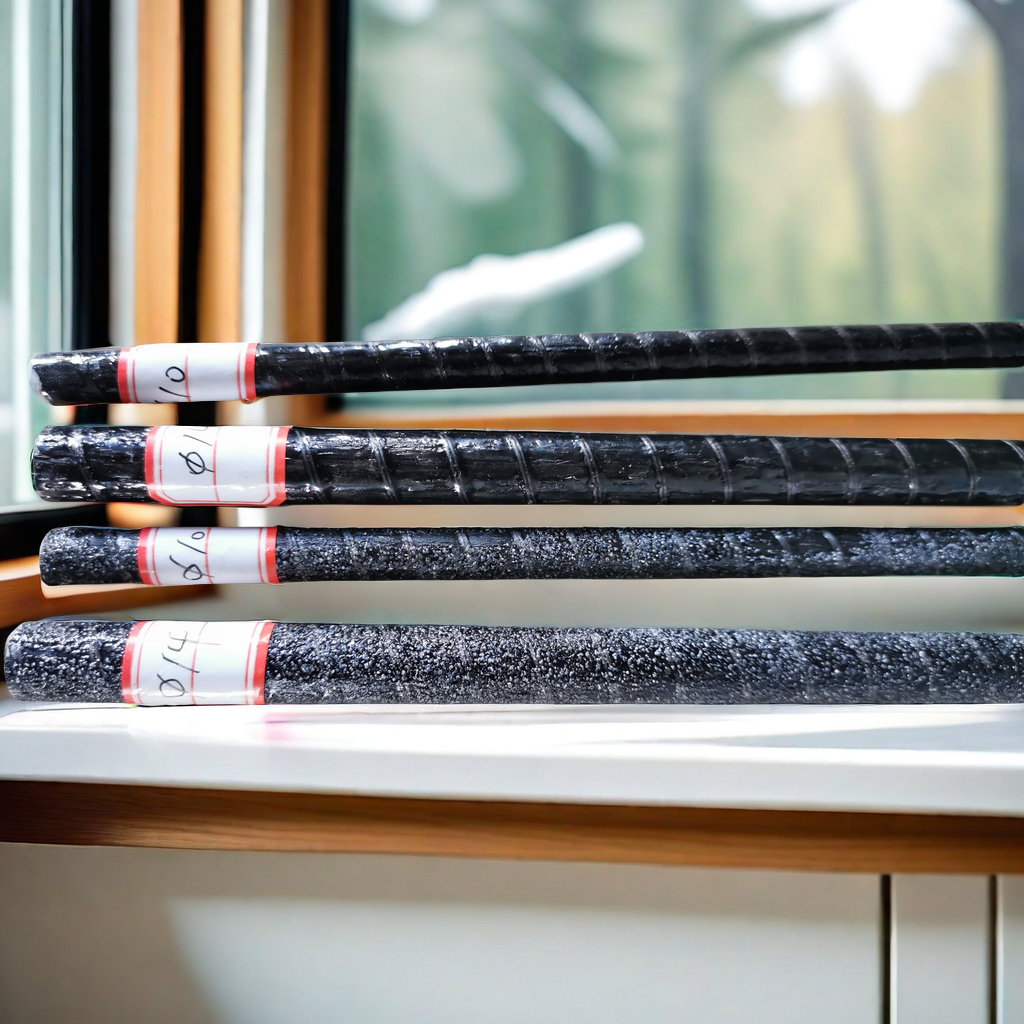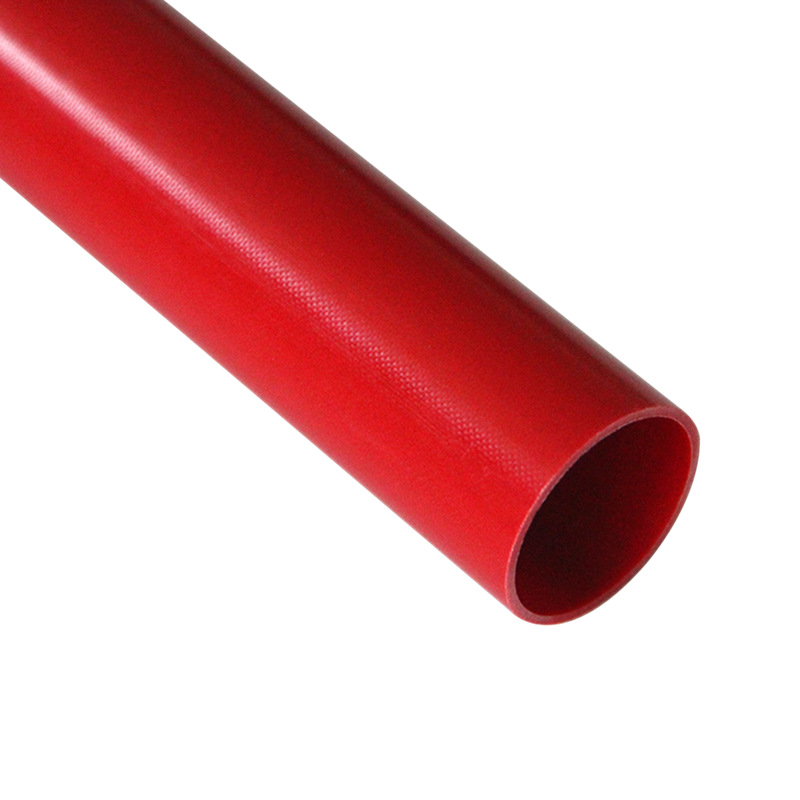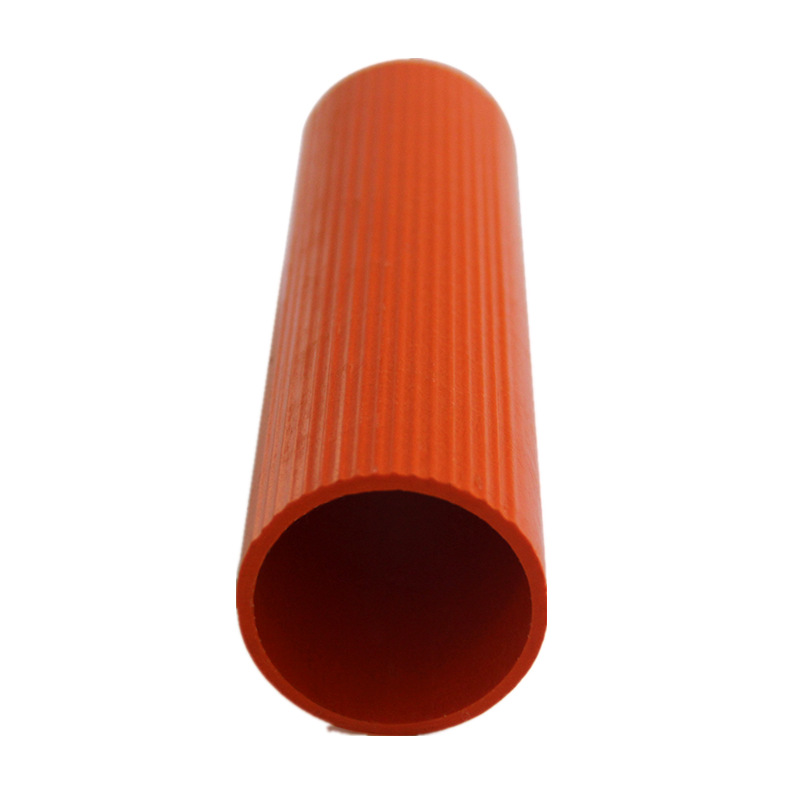GFRP rebar is a non-corrosive alternative to traditional steel rebar, gaining popularity in construction and civil engineering. This article delves into the key differences between GFRP and steel rebar, exploring their properties, advantages, and applications to help businesses make informed decisions about their projects.
What is GFRP rebar?
Glass Fiber Reinforced Polymer (GFRP) rebar is a composite material used in construction and civil engineering as an alternative to traditional steel reinforcement bars. GFRP rebar is made by combining high-strength glass fibers with a polymer resin, resulting in a lightweight, corrosion-resistant, and non-magnetic material.
GFRP rebar is known for its high tensile strength, low thermal conductivity, and resistance to harsh environmental conditions. It is commonly used in applications where corrosion resistance is critical, such as in marine environments, chemical plants, or structures exposed to de-icing salts.
What is steel rebar?
Steel rebar, short for reinforcing bar, is a steel bar or mesh of steel wires used to reinforce concrete and other materials in construction and civil engineering. Steel rebar is typically made from carbon steel and is available in various sizes and grades, depending on the project requirements.
Steel rebar is known for its high tensile strength, ductility, and ability to bond well with concrete. It is commonly used in various construction applications, including building foundations, bridges, highways, and other structures where strength and durability are essential.
GFRP vs. steel rebar: key differences
Corrosion resistance
One of the most significant differences between GFRP and steel rebar is their resistance to corrosion. GFRP rebar is inherently corrosion-resistant due to its non-metallic composition, making it an excellent choice for environments prone to moisture, chemicals, or de-icing salts.
This corrosion resistance helps extend the lifespan of structures and reduces maintenance costs over time. In contrast, steel rebar is susceptible to rust and corrosion, especially in harsh environments, which can weaken the structural integrity of concrete over time.
Weight and ease of handling
GFRP rebar is significantly lighter than steel rebar, making it easier to handle and transport to construction sites. This lightweight property can lead to reduced shipping costs and easier installation, especially in large-scale projects or remote locations.
Steel rebar, while widely available and cost-effective, is heavier and may require more effort to handle and install, especially in large quantities.
Thermal conductivity
GFRP rebar has low thermal conductivity, which means it provides better thermal insulation compared to steel rebar. This property can help regulate temperature fluctuations within concrete structures and improve energy efficiency.
In contrast, steel rebar has higher thermal conductivity, which can lead to increased heat transfer and potential thermal cracking in certain conditions.
Bond strength with concrete
Both GFRP and steel rebar provide excellent bond strength with concrete, ensuring the effective transfer of loads and forces. However, GFRP rebar may exhibit slightly lower bond strength in some cases due to its smooth surface texture.
Despite this minor difference, GFRP rebar is still widely used and trusted in various construction applications, and its overall performance remains reliable when properly installed.
Cost and availability
Steel rebar is generally more cost-effective and widely available compared to GFRP rebar. It is a traditional material used in construction for many years, making it readily accessible and affordable for various projects.
GFRP rebar, while offering unique advantages such as corrosion resistance and lightweight properties, tends to be more expensive than steel rebar due to its specialized manufacturing process and materials. However, the long-term cost savings associated with reduced maintenance and extended lifespan can offset the initial investment in GFRP rebar.
Applications and suitability
Steel rebar is suitable for a wide range of construction applications, including building foundations, highways, bridges, and other structures where strength and durability are essential. It is the standard material used in most construction projects worldwide.
GFRP rebar is best suited for specific applications where corrosion resistance is critical, such as in marine environments, chemical plants, or structures exposed to de-icing salts. Its lightweight and non-magnetic properties also make it suitable for specialized applications, such as nuclear power plants or electronic facilities.
Conclusion
In conclusion, both GFRP and steel rebar have their unique advantages and applications in the construction and civil engineering industries. While steel rebar remains the standard material for most projects due to its cost-effectiveness and widespread availability, GFRP rebar offers distinct benefits in terms of corrosion resistance, lightweight properties, and thermal insulation.
Ultimately, the choice between GFRP and steel rebar depends on the specific project requirements, environmental conditions, and long-term cost considerations. By understanding the key differences between these two materials, businesses can make informed decisions about which type of rebar best suits their needs and ensures the longevity and durability of their structures.



























